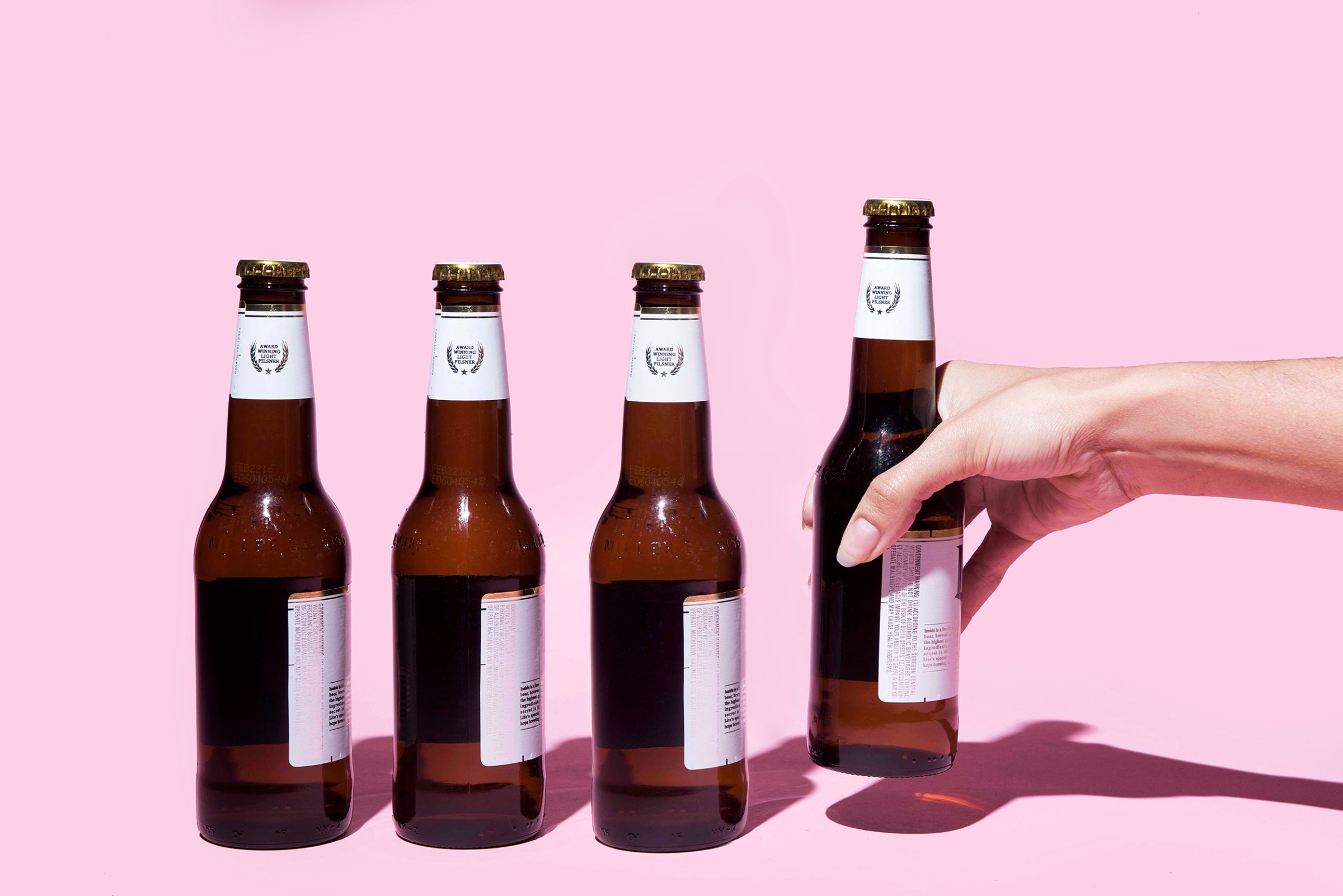
Hangovers are virtually unavoidable for the drinking public. But despite how common they are, scientists don’t fully understand how to cure or prevent hangovers, or even what causes them. In the absence of evidence, people have come up with plenty of their own rituals, from pre-bedtime routines (chugging water) to strict rules about when to drink which type of alcohol (beer before wine).
A new study, however, provides novel insights into hangovers. No matter what type of booze you drink first, it finds, your hangover will be just the same.
Hangovers are “one of these things that are not tackled by science a lot at all,” says Dr. Kai Hensel, a senior clinical pediatrics fellow at the University of Cambridge in the UK. So he and his colleagues planned a fun but rigorous study over the course of two years — often over beer, he says.
They specifically wanted to explore whether the advice to drink beer before wine, and not the other way around, truly helped people avoid feeling sick. To test the theory, they recruited 90 German medical and psychology students from ages 19 to 40. For a more accurate comparison, each person was compared to two others with the same sex and roughly the same age, body mass index and drinking habits.
After everyone ate a hearty meal, one member of each group of three drank about 2.5 pints of lager beer (until they reached a breath alcohol concentration, or BrAC, of 0.05%), followed by about four glasses of white wine (until they reached a BrAC of 0.11%). Meanwhile, another member of the group drank in the opposite order. The final person served as a control, drinking either only beer or only wine. Everyone was then given cold water to drink and sent to bed.
Consuming about six drinks over several hours reliably caused hangovers, but not hangovers so debilitating that people would refuse to do it again the following week. (Hensel discovered this sweet spot by “pre-testing” that amount of alcohol with friends before conducting the study.) So after a week of sobriety (and recovery), everyone did the opposite of what they had in the prior experiment.
During each drinking session, people assessed their own well-being and drinking-related symptoms. The next day, they rated their hangover severities. People reported symptoms like headaches, nausea, dizziness and fatigue, and 21 people threw up at some point during the study.
The researchers found no significant differences among the groups. It didn’t seem to matter whether someone drank beer or wine first, Hensel says (although it’s possible that order would matter more when looking at drinks other than white wine and beer). Women tended to feel worse than men.
Interestingly, BrAC measures were also not strongly related to hangover strength, although vomiting and how drunk a person felt were. Hensel says that’s likely because all of the people in the study were within the same BrAC range, while the other factors are more individualized, based on their unique physiologies and alcohol tolerances. Sleep quality may also play a part, he says.
The results suggest that a common-sense approach is the best way to avoid a brutal hangover. Federal guidelines recommend that those who drink do so moderately, meaning no more than a drink per day for women or two per day for men.
“After working like idiots, doing all these analyses,” nothing was associated with hangover severity, Hensel says with a laugh. “Just asking the participant, ‘How drunk are you?,’ if they are really drunk, is the best predictor. You don’t have to do all that research. Just ask yourself.”
More Must-Reads from TIME
- Cybersecurity Experts Are Sounding the Alarm on DOGE
- Meet the 2025 Women of the Year
- The Harsh Truth About Disability Inclusion
- Why Do More Young Adults Have Cancer?
- Colman Domingo Leads With Radical Love
- How to Get Better at Doing Things Alone
- Michelle Zauner Stares Down the Darkness
Write to Jamie Ducharme at jamie.ducharme@time.com